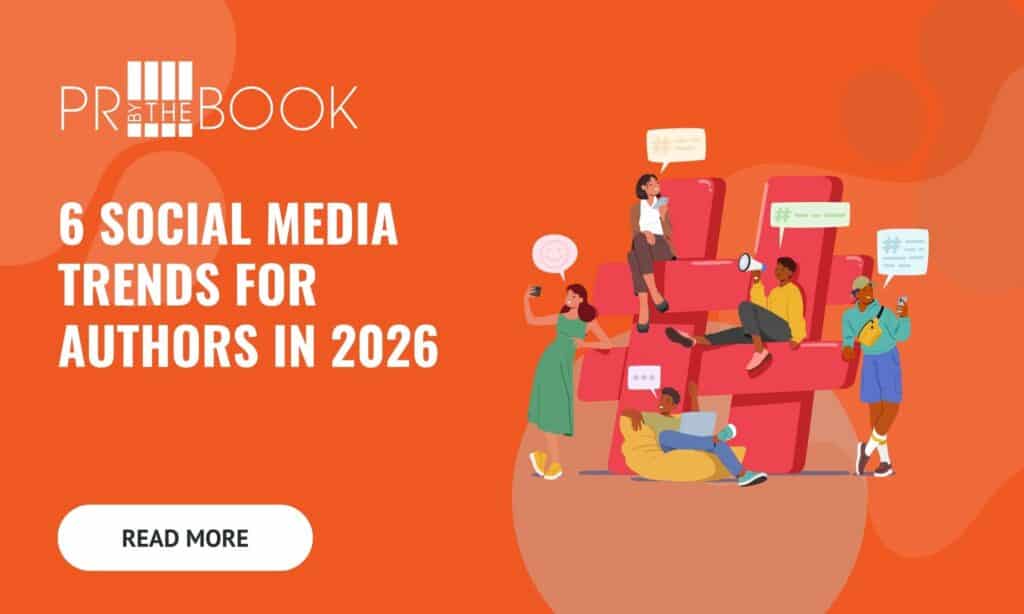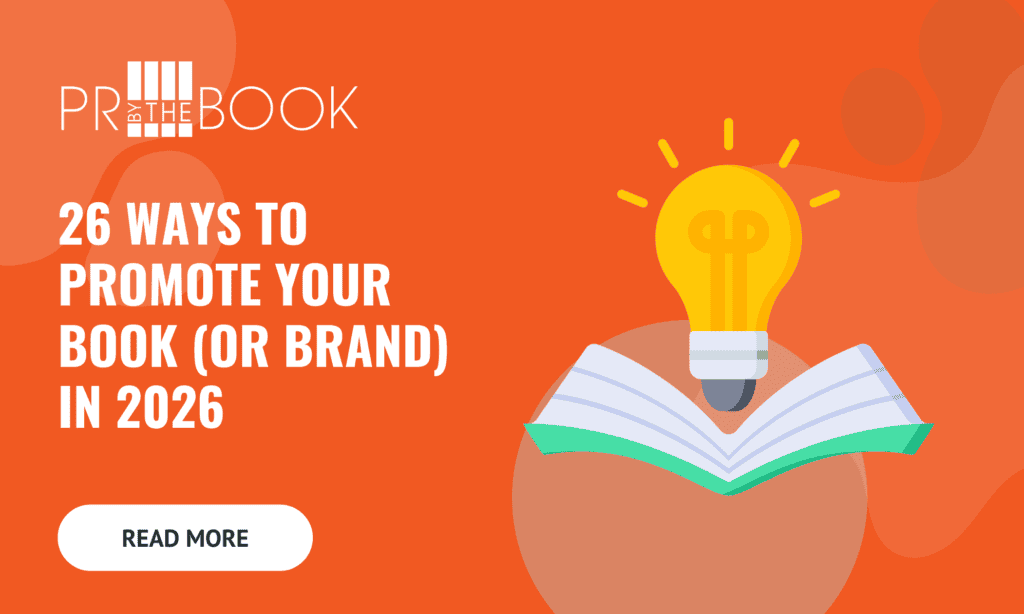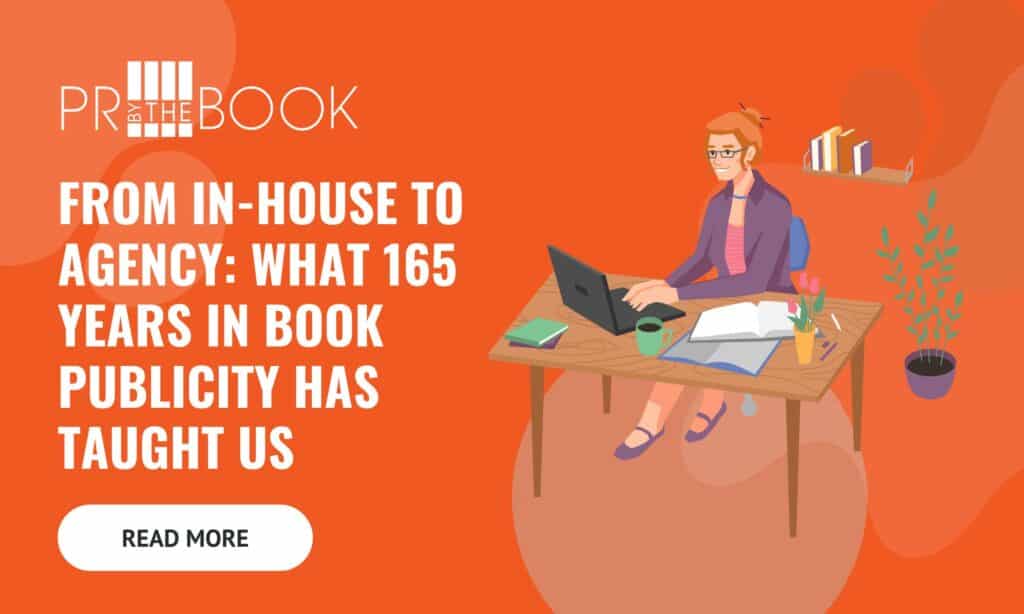WHAT IS HYBRID PUBLISHING?

This article was written by Nick Courtright, CEO & Executive Editor of Atmosphere Press. Atmosphere Press is a selective hybrid publisher founded in 2015 on the principles of Honesty, Transparency, Professionalism, Kindness, and Making Your Book Awesome. Their books have won dozens of awards and sold tens of thousands of copies. Learn more at atmospherepress.com.
This article originally appeared on atmospherepress.com.
For Many Authors, Hybrid Publishing Is the Best of Both Worlds
Hybrid publishing is a publishing model that combines the best of traditional and self-publishing. As such, it gives authors the flexibility and control they need to bring their books to market. It is a relatively new concept, with the term “hybrid” first being used to describe this publishing model in the early 2000s. However, the idea of combining elements of traditional and self-publishing has been around for much longer.
Today, hybrid publishing is becoming increasingly popular as more authors seek to take control of their publishing journey while still benefiting from professional support and wider distribution. The hybrid publishing model has been taken advantage of by many bestselling authors, such as Hugh Howey, Mark Dawson, Bella Andre, Rachel Abbott, and CJ Lyons.
A key feature of hybrid publishing is that an ethical hybrid publisher—Atmosphere Press is an example—will focus on author satisfaction throughout the publishing process, taking the author’s artistic interests and desires into account more than a traditional publisher would. To enable this service-oriented approach, it is understood in hybrid publishing that the author will contribute financially to the project, and will receive a higher percentage of sales proceeds.
Here are the top 9 reasons hybrid publishing might be the best option for you:
1. CONTROL
With hybrid publishing, you have more control over the creative process and how your book is marketed and distributed. You can make decisions about the direction of your book and have a say in how it’s presented to the world. Ally Machate, book editor and publishing consultant, said it well: “Hybrid publishing is the perfect solution for authors who want to take their writing career to the next level, but don’t want to sacrifice creative control or quality.”
2. QUALITY
Hybrid publishers offer professional editing, design, and production services to ensure that your book is of the highest quality. This means you can produce a book that you can be proud of and that readers will love. Hybrid publishers, unlike vanity presses, have a rigorous vetting process to ensure that the books they publish meet certain standards.
3. SUPPORT
Hybrid publishing companies offer support and guidance every step of the way to help you navigate the publishing process and achieve your goals. You’ll have a team of professionals at your disposal to help you produce a top-quality book.
4. ROYALTIES
Hybrid publishing companies often offer higher royalty rates than traditional publishers, so you can earn more for your hard work. In traditional publishing, an author usually receives between 8% and 15% of the book’s list price. The publisher keeps the rest of the revenue to cover their costs and make a profit. In hybrid publishing, the author typically receives between 80% and 100% of the book’s net revenue (i.e., revenue after any distribution fees, printing costs, retailer fees, and other expenses are deducted).
5. EFFICIENCY
Hybrid publishing companies offer faster production cycles, which means your book will be published more quickly than it would be with a traditional press. This is because a good hybrid publisher’s author-service approach means they are more responsive to authors, and help guide them through the process.
6. EXPOSURE
Hybrid publishing companies can increase an author’s visibility and exposure through the use of promotional and marketing strategies tailored to the book and author. This is unlike self-publishing, in which the author often doesn’t have a support team to build influence for their book.
7. CREDIBILITY
Although self-publishing has become more mainstream in recent years, traditional publishing still carries a certain level of prestige and credibility. Hybrid publishing can offer authors the opportunity to work with a publisher and gain some of that credibility while still retaining more control over the process.
8. ACCESSIBILITY
Hybrid publishers are more selective than vanity presses but typically less selective than traditional presses. They can take on more books than traditional publishers, meaning you are more likely to score a contract with them.
9. DISTRIBUTION
Hybrid publishers can provide authors with access to distribution channels that are typically only available to traditionally published authors. This can help authors reach a wider audience and increase sales. This is one big reason hybrid publishers are often chosen over self-publishing companies.
In short, hybrid publishing is a flexible and supportive way to get your book published, while still maintaining control over the creative process. It’s the best of both worlds!
Looking for more on publishing? Check out:
Contributor

6 Social Media Trends for Authors in 2026
6 Social Media Trends for Authors in 2026 SHARE We

26 Ways to Promote Your Book (or Brand) in 2026
26 Ways to Promote Your Book (or Brand) in 2026

From In-House to Agency: What 165 Years in Book Publicity Has Taught Us
From In-House to Agency: What 165 Years in Book Publicity
